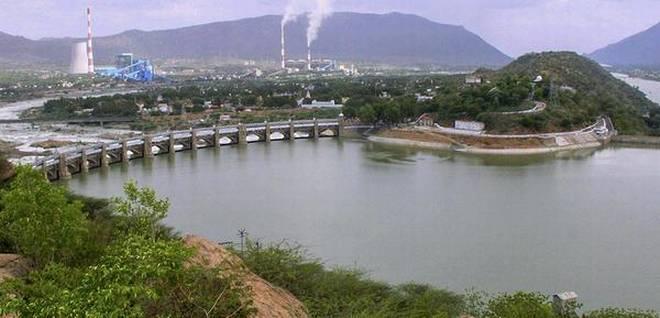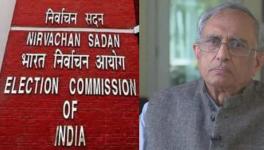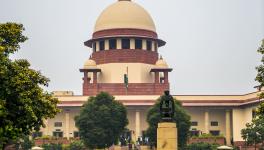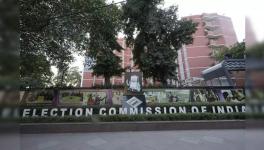Cauvery River Water Management Authority (CWMA) Meets Today in Delhi

Image Courtesy: The Hindu
The representatives from the states of the Cauvery basin: Karnataka, Tamil Nadu, Kerala and Puducherry are meeting in the Cauvery River Water Management Authority (CWMA), today May 28 at Central Water Commission (CWC) in New Delhi. The meeting is the last meeting of the 2018-19 year and will be presided by Masood Hussain, chairman of CWC.
According to a report in Prajavani, a Kannada daily, the representatives in this meeting are going to be discussing the Cauvery water distribution, a plan for water management till the summer end, etc, along with the demand for water by the farmers in the regions surrounding Krishna Raja Sagar dam also likely to be discussed.
Since the formation of the CWMA, the authority to decide the release of water now rests with the CWMA- which is a central government body, instead of the State Government. The Supreme Court of India in its verdict on February 16, 2018, had ruled that Karnataka would get 284.75 tmcft, Tamil Nadu- 404.25 tmcft, Kerala- 30 tmcft and Puducherry-7 tmcft, and had also directed the centre to notify the Cauvery Management Scheme. As per the Court’s order, the centre notified the setting of CWMA.
However, Karnataka Government has been against the CWMA, ever since its constitution. At present, Karnataka is the sole hold-out state, with all other states having accepted the Court’s judgement and CWMA’s constitution.
Also Read: The Political Beneficiaries of the Cauvery Water Dispute
The state had demanded that the issue be dealt with in the parliament. The Authority is a representative of all the states whose stakes are involved- comprising of Tinku Biswal the secretary of water resources of Kerala, S K Prabhakar of Tamil Nadu, A. Anbarasu of Puducherry and Rakesh Singh of Karnataka along with the representatives of the CWC and Union ministers of Agriculture and Water Resources. The Authority and Committee would meet once in 10 days during the monsoon months in the state and based on the Supreme Court’s verdict would recommend how much water ought to be released.
According to the report in Prajavani, before the CWMA was set up, Irrigation Consultative Committee (ICC), based on the knowledge of cropping in the regions and availability of water, would form a timetable for release of the water. But now, it is completely off the hands of the state government.
The government is arguing that the procedure under CWMA to request for the release of water, is too time consuming and is bureaucratic. The Cauvery Neeravari Nigam Limited (irrigation corporation), should first request by submitting a report about the conditions in the region it is requesting the release of water for. This report needs to be studied by experts in CWMA before releasing water. This, the government and farmers in the regions in the immediate surroundings of the Krishna Raja Sagar dam (KRS) are arguing is unfair, as by the time this procedure gets done and the decision is taken, there’s a fair chance of the crops already drying up.
Also Read: Centre's Draft Scheme on Cauvery Dispute is Deceptive
The Cauvery Neeravari Nigam Limited, in fact is facing charges now for releasing water into the canals without following the due processes and without getting a nod from the CWMA. CWMA had complained to the Election Commission, arguing that the corporation had released water succumbing into political pressure during the recent Lok Sabha elections. The corporation, however is telling that it had to release water because the farmers in the region were distressed.
As NewsClick had reported earlier, one has to note that the opposition to the CWMA by the Government of Karnataka seemed to be due to the political interest that all the parties in the state have in the decades’-old Cauvery water dispute between Karnataka and Tamil Nadu. However, the reports discussed here reveal the inefficiency of CWMA.
Get the latest reports & analysis with people's perspective on Protests, movements & deep analytical videos, discussions of the current affairs in your Telegram app. Subscribe to NewsClick's Telegram channel & get Real-Time updates on stories, as they get published on our website.
























